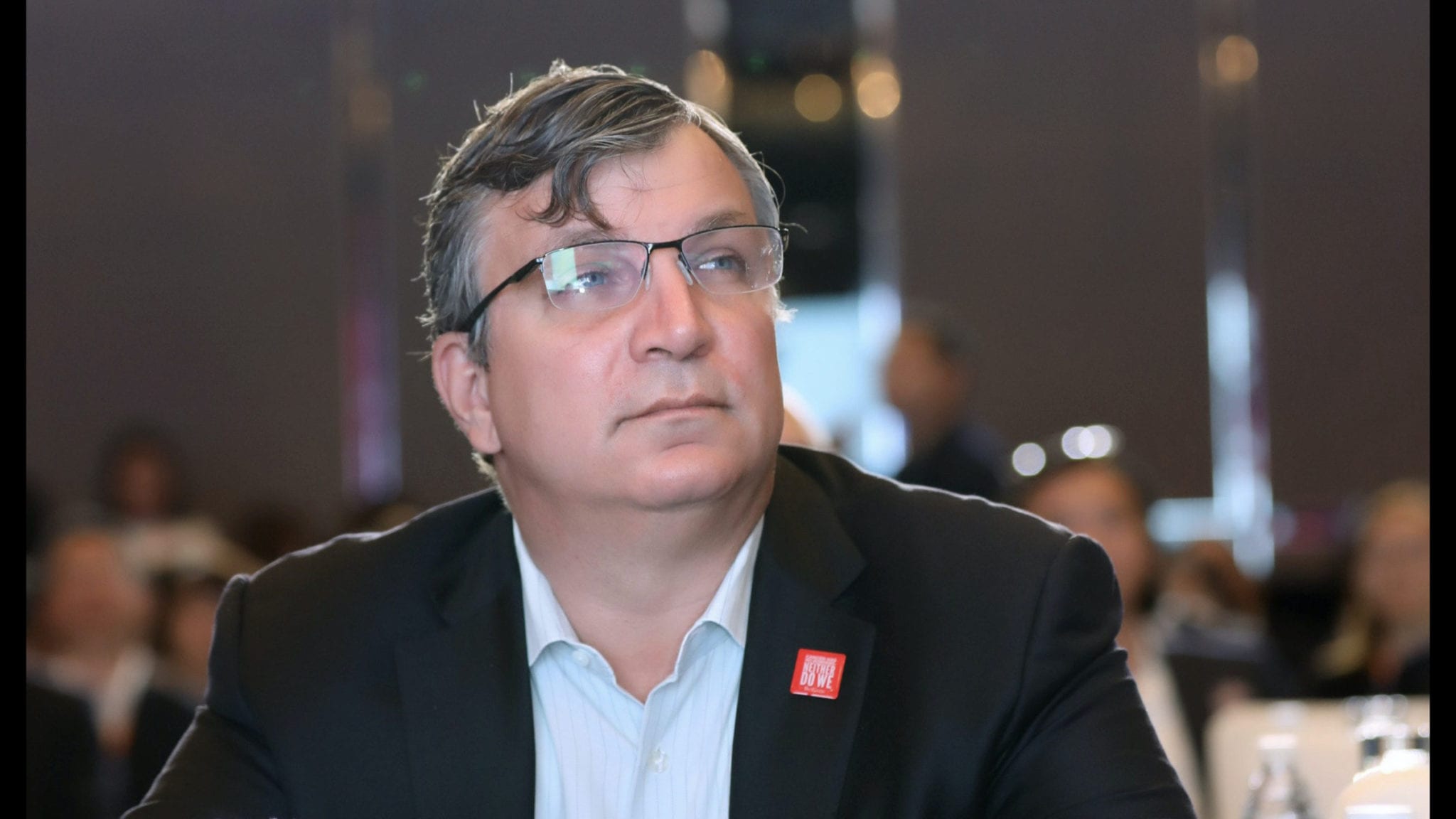
BeiGene CEO John Oyler (Image: Endpoints News)
BeiGene's BTK inhibitor fails to beat market leader Imbruvica in key head-to-head study
BeiGene’s quest to develop a superior BTK inhibitor hit a major roadblock on Monday as the company conceded that the drug failed a keenly anticipated …
Sign up to read this article for free.
Get free access to a limited number of articles, plus choose newsletters to get straight to your inbox.